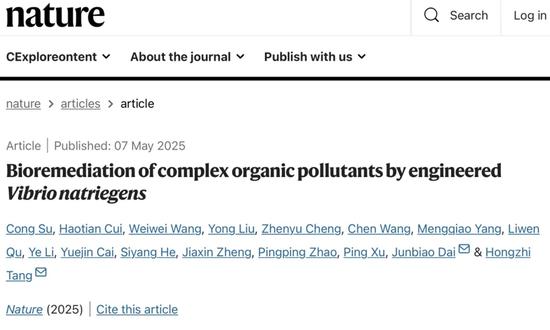
A Chinese research team has developed a novel engineered bacterial strain capable of simultaneously degrading five types of organic pollutants, with potential applications in areas such as marine oil spill cleanup and industrial wastewater treatment, the Xinhua News Agency reported on Wednesday. The research results were published online in the journal Nature on the same day.
The team from the Shenzhen Institutes of Advanced Technology under the Chinese Academy of Sciences, and Shanghai Jiao Tong University also validated the strain’s high efficiency in degrading complex pollutants in saline industrial wastewater samples, according to the report by Xinhua.
Researchers explained that saline wastewater mainly originates from chemical plants and oil and gas extraction and processing facilities, containing pollutants such as organic compounds, heavy metals, toxic chemicals, and excess nutrients.
Although natural microbes can degrade certain pollutants in saline wastewater, each strain typically targets only one or two specific contaminants. When faced with the "mixed waste" of oil sludge, heavy metals, radioactive substances, and other pollutants in saline wastewater, these natural microbes often become ineffective.
To address this challenge, the researchers applied synthetic biology to equip the bacteria with not only the ability to degrade multiple pollutants but also to combine these capabilities like building blocks, allowing them to construct five artificial metabolic pathways in a single strain.
These pathways from monocyclic to multicyclic compounds enable the simultaneous degradation of five representative aromatic organic pollutants: biphenyl, phenol, naphthalene, dibenzofuran, and toluene.
The researchers reported that the novel engineered strain removed over 60 percent of each of the five target pollutants within 48 hours, achieving complete degradation of biphenyl and nearly 90 percent degradation of complex pollutants such as toluene and dibenzofuran.
Lead researcher Dai Junbiao stated that in the future, this novel engineered strain is expected to play a role in ecological and environmental protection efforts such as offshore oil spill cleanup, industrial site cleanup, and microplastic biodegradation, Xinhua reported.






















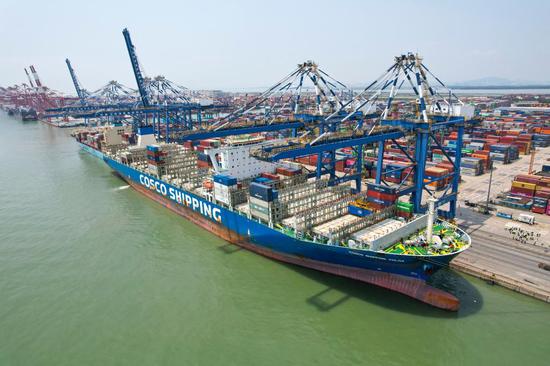
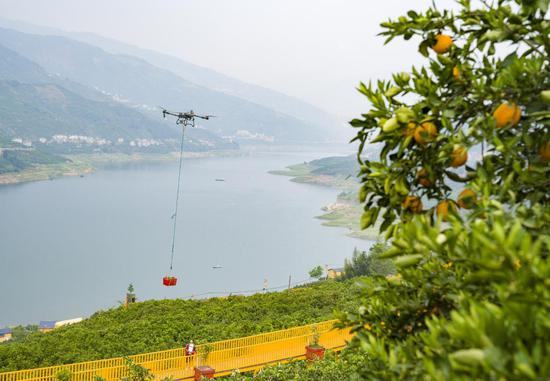










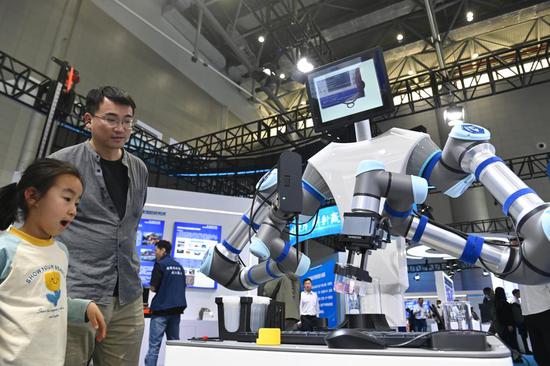








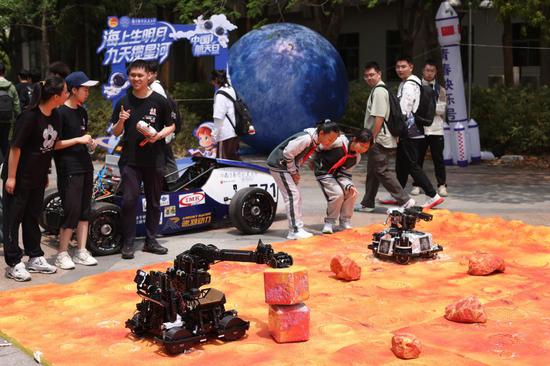




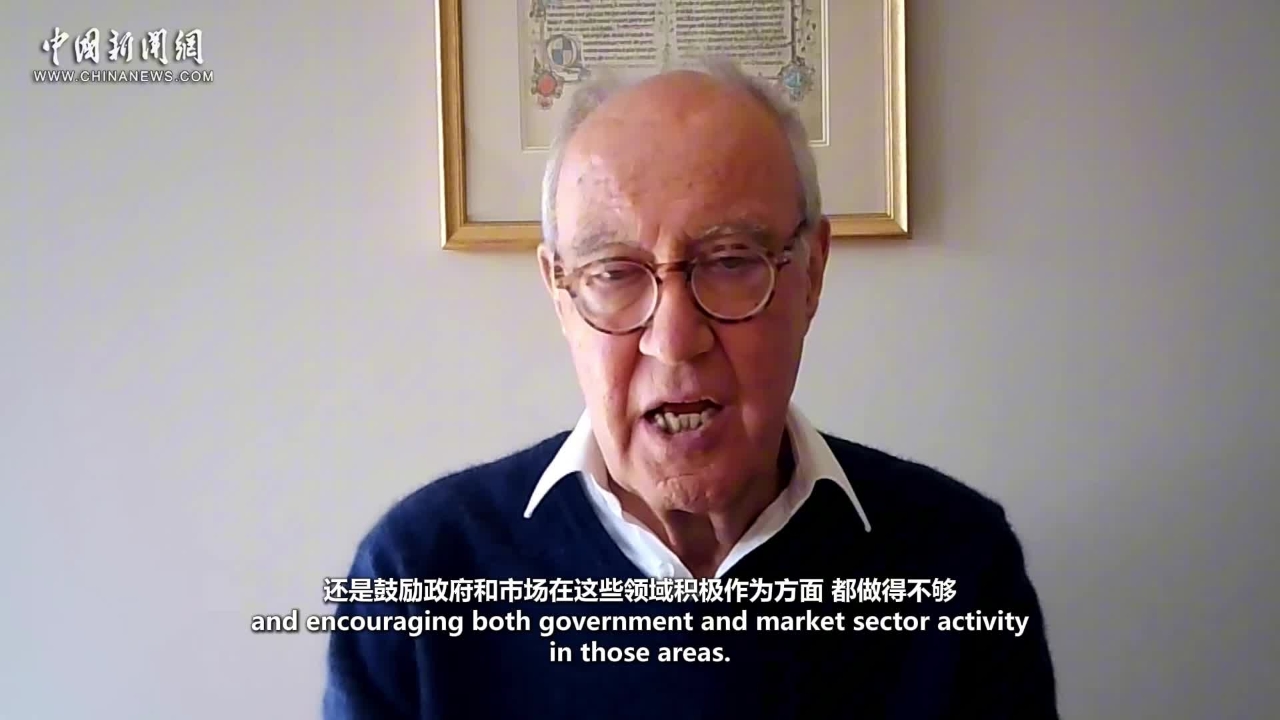

 京公網安備 11010202009201號
京公網安備 11010202009201號